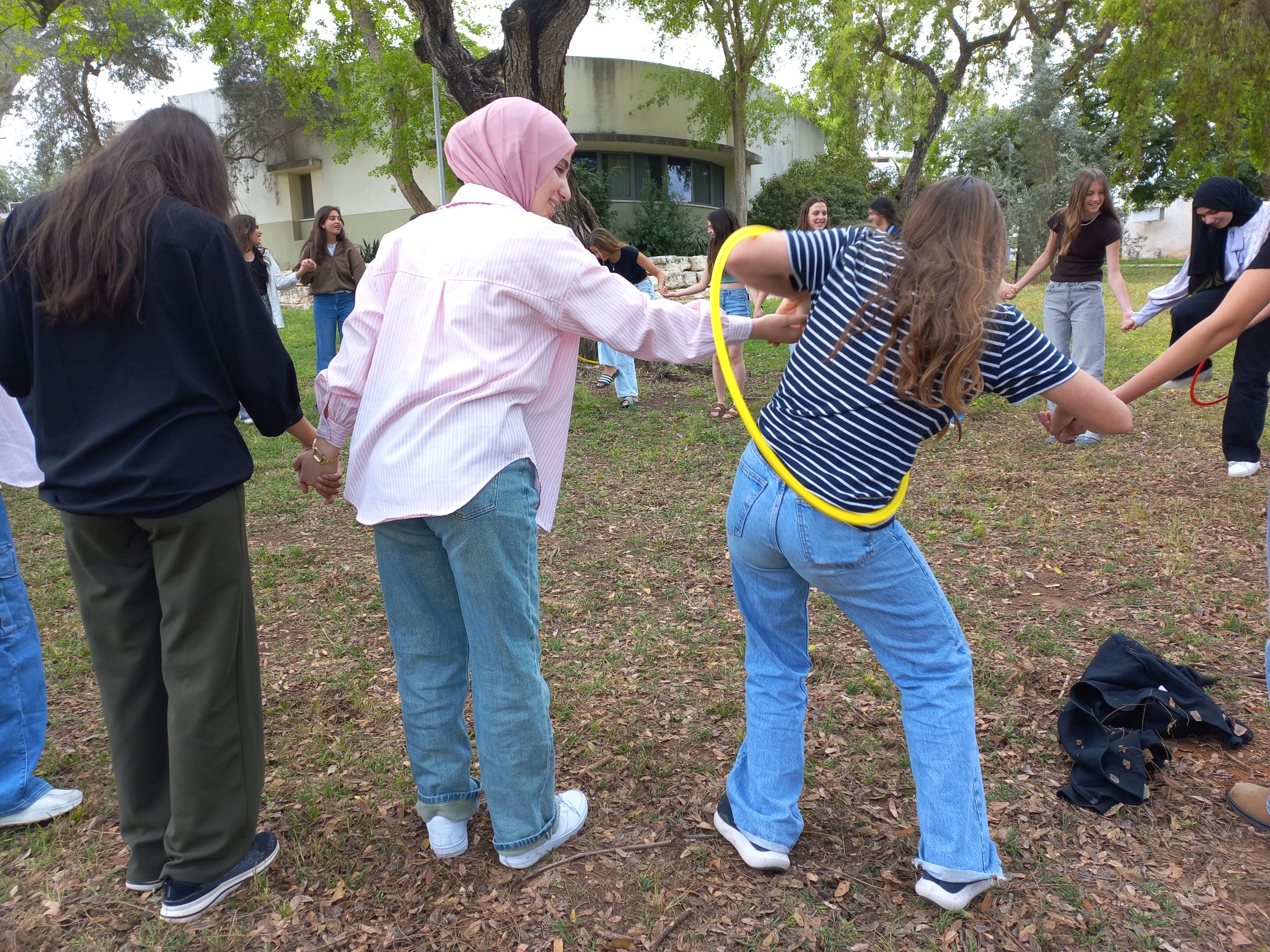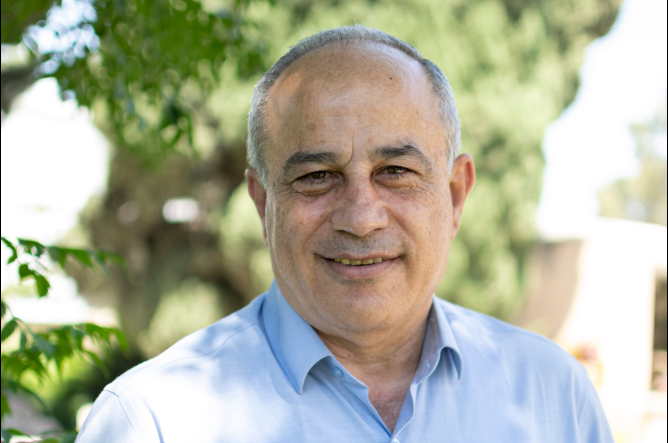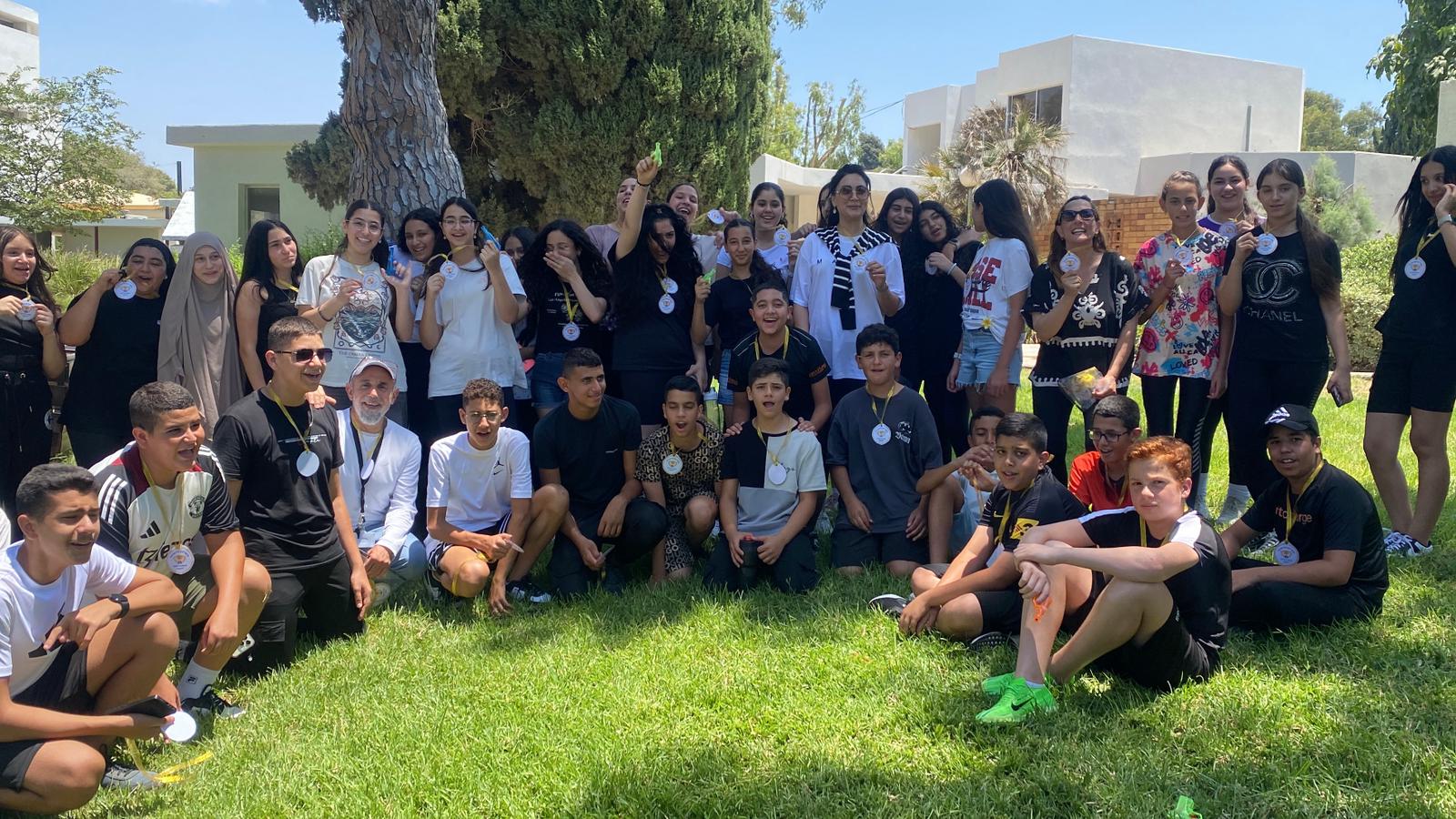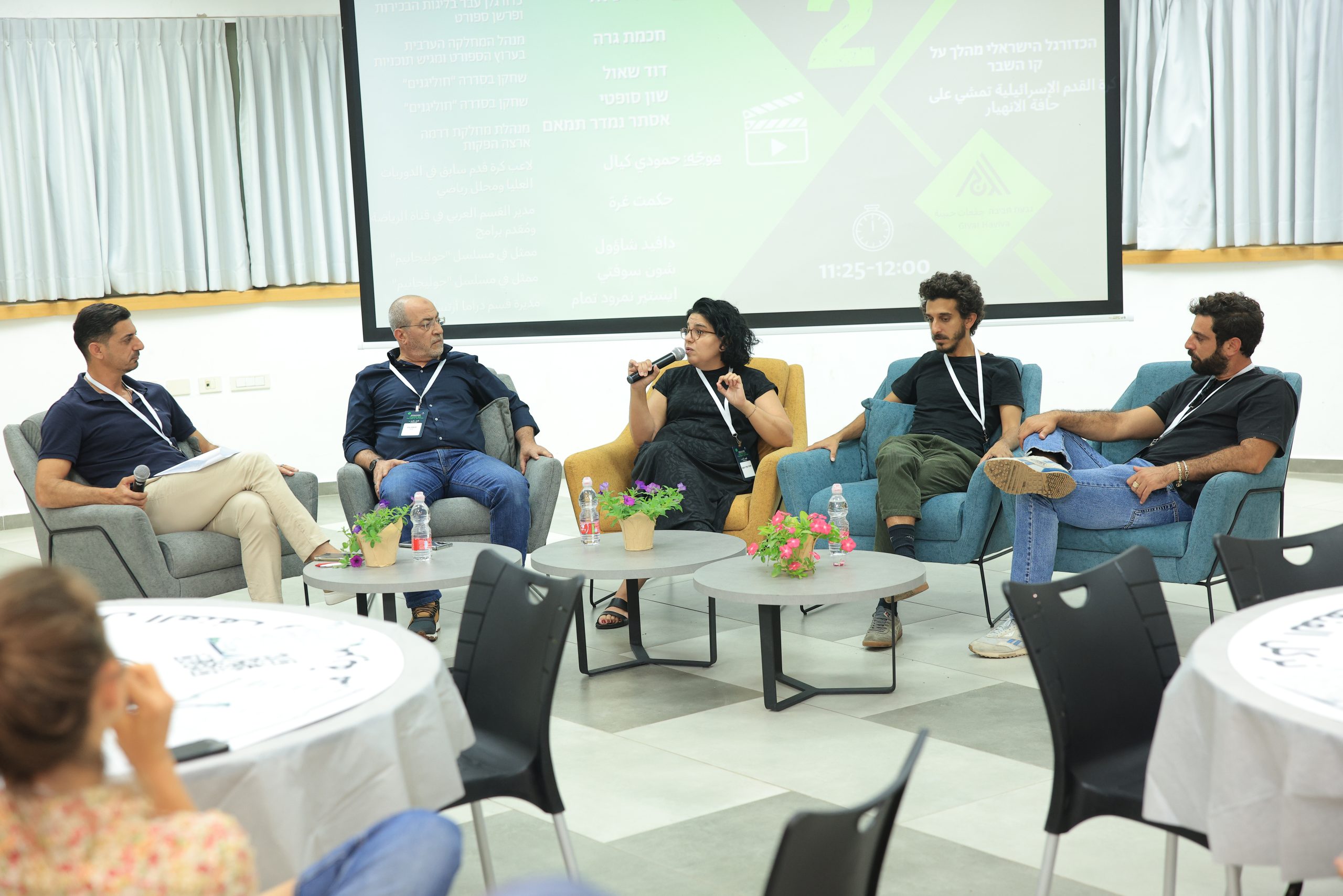A survey of Israeli youth published here recently by the Accord Center found that 51% of Jewish youth feel hatred toward Arabs, and 33% of Arab youth feel hatred toward Jews. Sounds like the end of the world and the end of hope. If the youth, who are our future, feel this way, then there is no more chance, right?
It’s not really, though. In the midst of the worst security, humanitarian, democratic, and social crisis the country has ever known, when the world the youth experience is so insecure and threatening, one would expect the numbers to be much worse. It’s sometimes hard to notice, but Israeli society, Jewish and Arab, shows extraordinary resilience in not degenerating into violence between Jews and Arabs within Israel after October 7.
This survey also found that two-thirds of Jewish and Arab youth are interested in improving relations between the groups, but only 30 percent of Jewish youth and 46 percent of Arab youth believe that improvement is possible. The gap between what is desired and what they believe can happen is precisely our window of opportunity.
The primary and clearest indicator of the attitude of any Israeli, at any age, towards values of democracy and equality, is their position towards the members of the other society living alongside them, whether Jewish or Arab. Therefore, if we educate youth to equality through the deepest rift in Israeli society, the rift between Jews and Arabs, we will develop in them a democratic and egalitarian consciousness in relation to other issues, as well as the ability to withstand the severe stress of living as Jewish or Arab citizens here, in the reality of occupation and extreme and horrific war.
That is why it is important to talk about what children need to receive a meaningful education for a shared society in Israel. The answer is not just civics classes in schools, because you cannot place the entire responsibility on teachers alone. There are three basic educational principles that should support education like the one we seek to provide here in times of war:
Parental example: The adult world in Israel has almost collapsed for today’s youth. In Jewish society, many parents are on reserve duty, and parents in Arab society teach their children not to speak or express opinions so as not to get into trouble. Justified feelings of fear and terror are passed on to children, and there are almost no limits to the language and statements they hear from us. They see that there is no normality, that the parents are in a struggle, and they understand this.
Social norms: With all due respect to freedom of expression, taboos on certain topics and boundaries of discourse in the public arena are important. Youth notice when adults who are supposed to be fair and just – senior police officers, members of Knesset, ministers and prime ministers – make racist and hateful statements. In Israel in recent years, and even more so since October 7, there are no taboos. A minister can call for the extermination of children, a prime minister can speak in violent language against citizens who do not support him and curse grieving families. But then, with double standards, we tell children and youth: You are not allowed to be racist. Only ministers and prime ministers are allowed.
The third principle is a safe space for error: No education is possible without a safe space, where a boy or girl is allowed to make mistakes, to understand that it is possible to clarify the other party’s intentions in depth before making accusations. These are skills that need to be practiced in adolescence. Boys and girls who are afraid and do not dare to speak their minds, or who are afraid to show human compassion so as not to be perceived as traitors, are unable to understand themselves and develop their own set of values and attitudes.
Therefore, we must engage with the education system and influence its policy, but also engage with education itself, in the formal frameworks that provide an opening for civil society organizations, and in informal education. We need to give teachers, educators, and counselors tools for education for equality and democracy. We need to touch base directly and consistently. We need to be aware parents and citizens. There are no detours, no shortcuts.
Across the fence, the settler right-wing has invested heavily in its and our educational institutions, mainly in taking over the state education budgets intended for all Israeli citizens, while we have moved away from work on the ground and focused on public discourse, campaigns, and policy design. But now we must take a two-pronged approach: to educate on the ground and be within the system. To work with schools and educators, to create an environment that acknowledges the state of war and terror in which we find ourselves but gives youth room to make mistakes and to wonder. And also to convince the center and left parties that the Ministry of Education is worth fighting for with a passion closer to that of religious right-wing parties that have understood its importance in shaping the state.
If more than two-thirds of Israeli youth want to improve relations between Jews and Arabs, it means they recognize that this is a country where Jews and Arabs will always live together. If many of them don’t believe this can happen, it means they look to us adults, telling us that if we brought them into this situation, if we raised them to the nightmare of war, violence, and crime, it would behoove us to give them the tools to extricate themselves from it.





